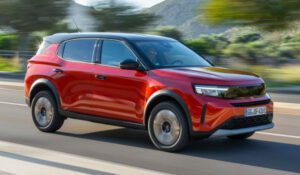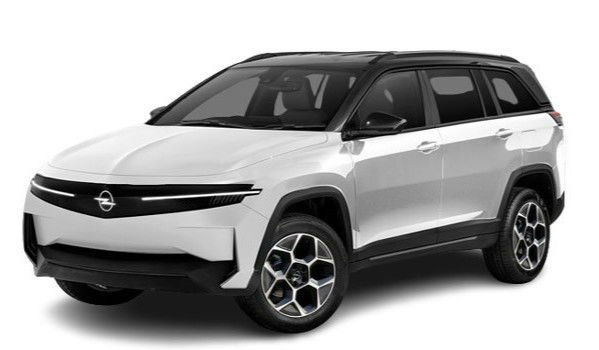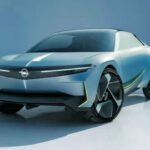Opel
The Opel is a German automobile manufacturer that was founded in 1862 by Adam Opel. Opel is one of the oldest car brands produced in the world and has been cars for more than 150 years. Opel is known for its range of passenger cars, SUVs, and commercial vehicles. Opel has a long history of producing popular car models, including the Corsa, Astra, Insignia, and Mokka. The Opel Auto company has also been involved in motorsports, particularly rally racing, and has a rich racing heritage.
Over the years, Opel has been owned by different companies, including General Motors (GM) from 1929 to 2017, and is currently part of the Stellantis group, formed by the merger of the PSA Group and Fiat Chrysler Automobiles (FCA). Opel has a strong presence in Europe and other international markets, with manufacturing facilities in several countries, including Germany, Spain, and Poland.
The Opel car brand is known for its focus on innovation, quality, and performance in its vehicle offerings. Opel has gone through various challenges and ownership changes throughout its history but continues to be a recognizable and respected name in the automotive industry, producing a wide range of vehicles for consumers around the world.
- 2025 Opel Grandland Plugin Hybrid
- 2025 Opel Corsa Car
- 2026 Opel Mokka SUV
- 2026 Opel Manta Car
- 2026 Opel Grandland SUV
Manufacturer : Opel
Website : opel.com
Type : Automobile manufacturer
CEO : Florian Huettl (Jun 1, 2022–)
Founders : Adam Opel
Founded : January 21, 1862, Rüsselsheim, Germany
Headquarters : Rüsselsheim, Germany
Divisions : Opel Performance Center
Parent : General Motors (1929–2017); PSA Group (2017–2021); Stellantis (2021–present)
Subsidiary: Opel Eisenach, Vauxhall Motors, Opel Special Vehicles
Production Models: Opel Astra, Opel Corsa, Opel Insignia, Opel Mokka
Other Models :Opel Crossland, Opel Grandland, Opel Zafira, Opel Combo, Opel Adam, Opel Meriva







